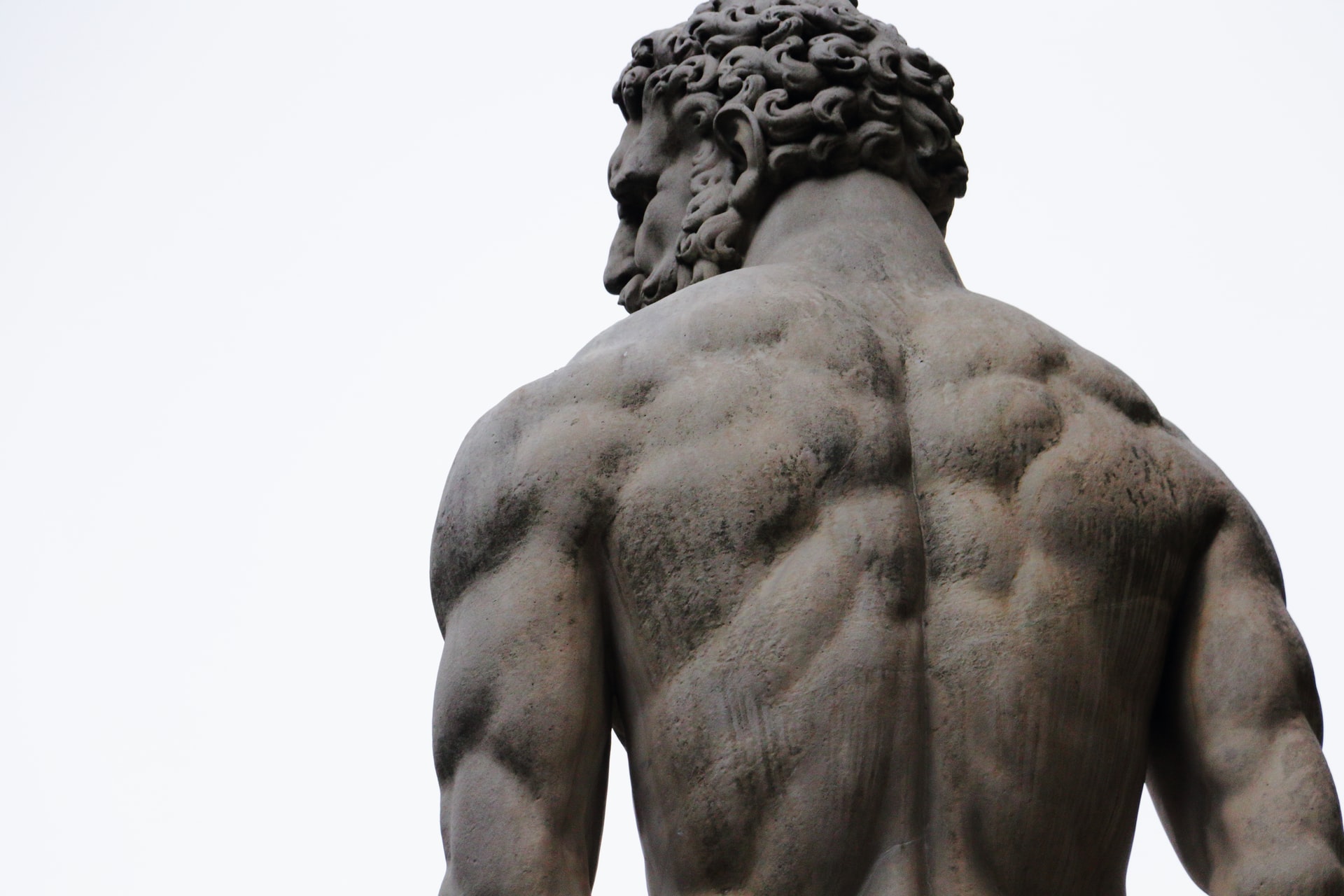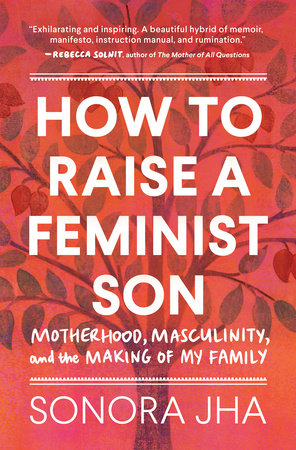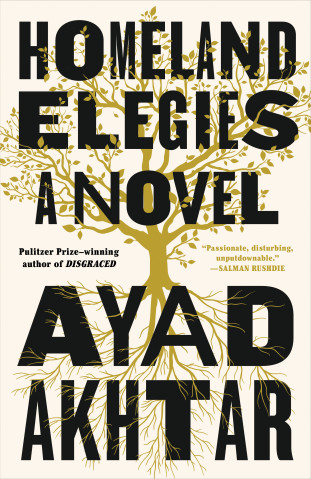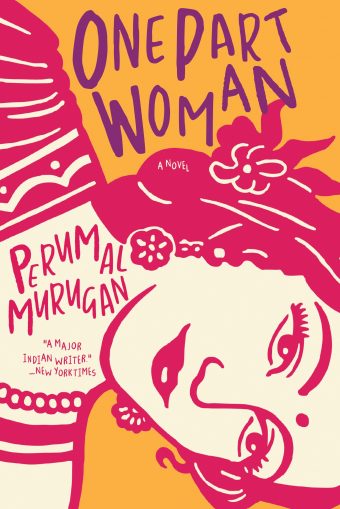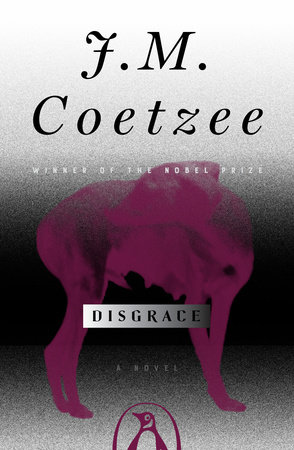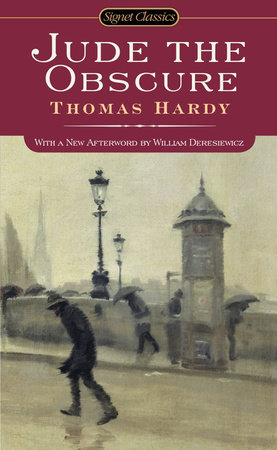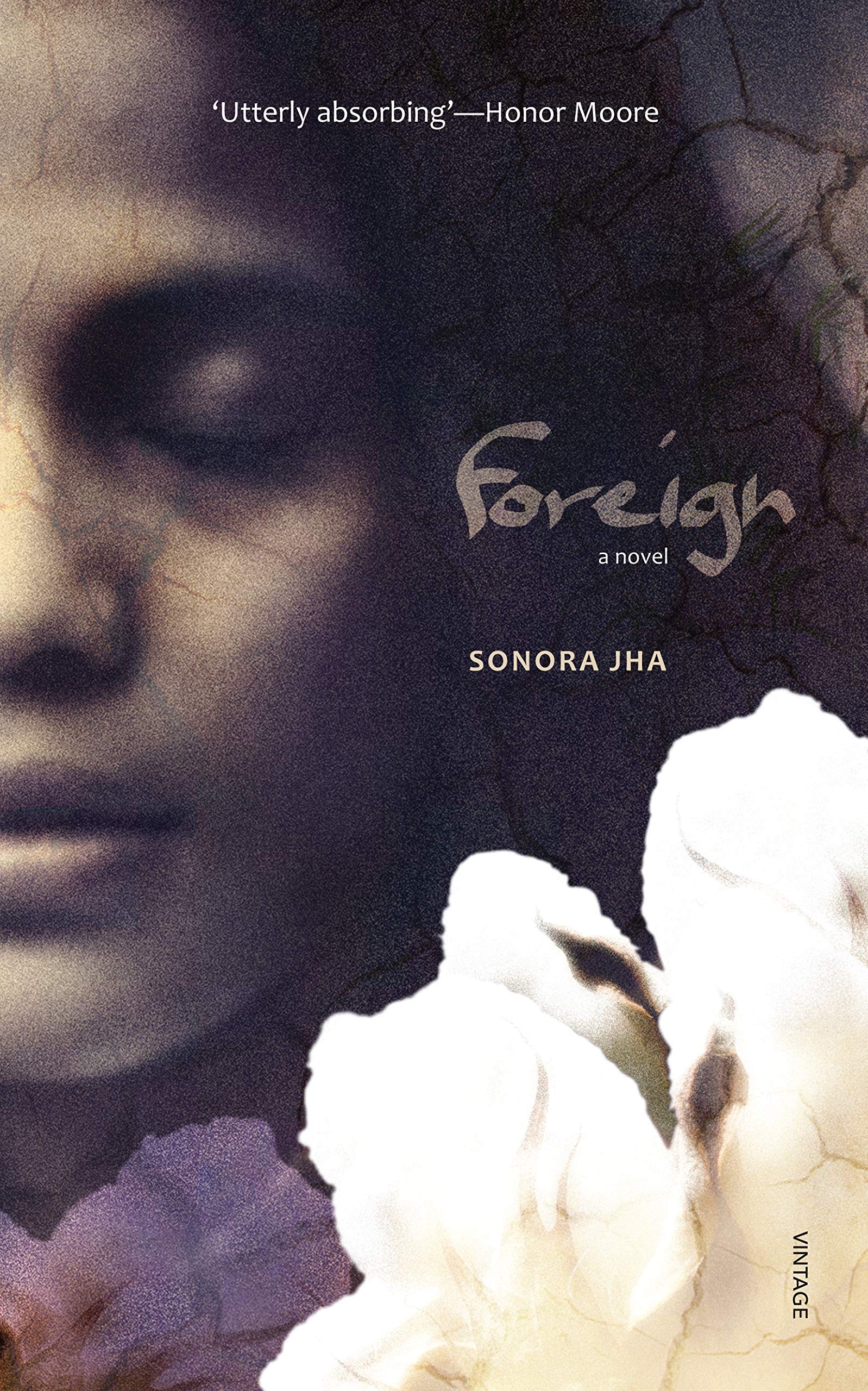If you enjoy reading Electric Literature, join our mailing list! We’ll send you the best of EL each week, and you’ll be the first to know about upcoming submissions periods and virtual events.
One of the things I try to drive home in my book, How to Raise a Feminist Son: Motherhood, Masculinity, and the Making of My Family, is the value of failure. Of slipping up, recovering, and apologizing. Feminism is replete with false starts and faltering steps, and if there’s one thing you can be sure of when you set out to live a feminist life or raise a feminist boy, it is that you will blunder. And if you are fallible, your boy will surely encounter failure over and over again.
But that’s where the magic (or the witchcraft, since we’re talking about feminism) happens. The spell is cast when we tell our boys cautionary tales of the patriarchy, give them rich stories that decenter masculinity to instead center women and other genders, and then give them the talisman of insight with which they may rescue themselves.
One of the ways I did this with my son was through stories—in movies, in nursery rhymes, and books. One big, yawning gap in literature and culture, though, is the tale of the man who encounters and overcomes his own male fragility and entitlement. We have heroes upon heroes going on journeys upon journeys. They must save humankind, they must rescue women, they must win battles, capture whales or conquer Wall Street, avenge ancestors, lead rebellions, come of age, surmount the wild, fall in love, thrash about venomously when heartbroken, and so on… but so few of them launch a quest to the perilous journey within, to slay the beast that lies there: toxic masculinity.
Here’s a list of seven novels and short stories in which we do encounter such men (and one teenaged boy). Their authors place their characters within the struggle and watch them squirm. Some of these characters make it to the other side and others don’t. The journey, the faltering, the failure, all make them memorable.
Homeland Elegies by Ayad Akhtar
Akhtar’s 2020 novel reads like a memoir, and the author says he deliberately wanted to suspend his readers between fact and fiction. His protagonist, also named Ayad Akhtar, a Pakistani-American playwright, struggles with identity and belonging, capitalism and love. Through it all, we also have deeply-etched female characters who more or less transcend the role of props on a man’s journey and figure, instead, as major influences in the narrative of the complex, often unlikable, yet sympathetic Akhtar. His boyhood bears witness to his mother’s love for a man she cannot have. His youth is mentored by an aunt who tells him what books to read and later by a beloved professor who tells him to record his dreams. Akhtar the author does not flinch at skewering Akhtar the protagonist in his treatment of his lovers—a white woman who participates in role-play as a sort of receptacle for his sexual rage as a brown Muslim man, and a Pakistani-American woman with whom he experiences true love and loss. The author also focuses a glaring light on the man’s behavior toward his father’s mistress, his struggle with his father’s authoritative masculinity, with American masculinity and its obsession with money, wars, and Islamophobia.
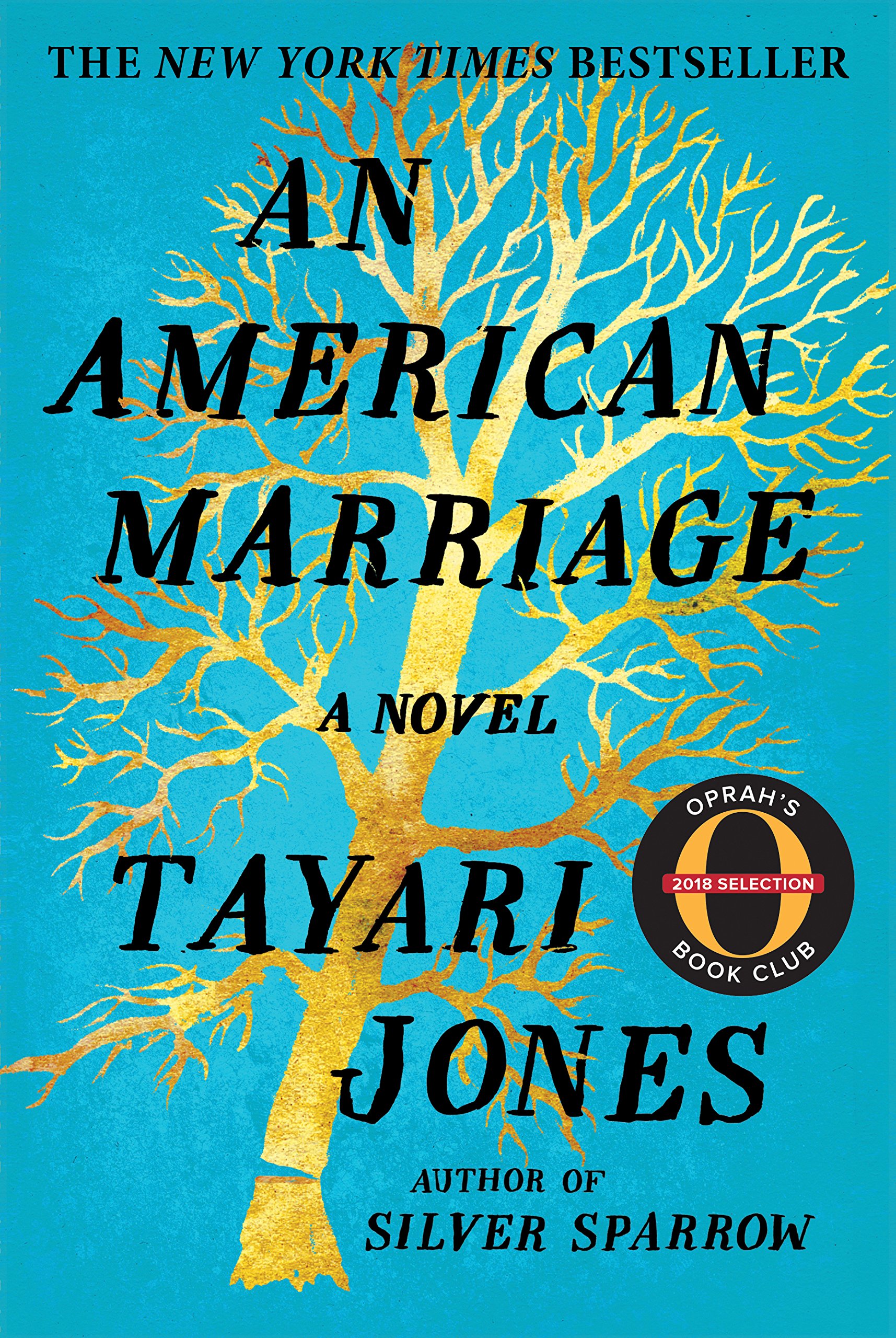
An American Marriage by Tayari Jones
Roy Hamilton and Celestial Davenport are a young Black married couple. Roy is dashing and ambitious, flirtatious but committed to his wife. Celestial is a little more ambivalent about their union. When Roy is incarcerated for 12 years for a crime he didn’t commit, he must reckon with what he believes he is owed by his wife. He believes he is a good man, faithful to his wife, not oppressive, so he should receive her undying devotion. He also believes that on account of his incarceration, he “should receive some sort of special consideration.” Celestial believes she is free to fall out of love and break free of a system of racism and also the patriarchal expectations of the long-suffering wife who awaits her husband’s release. Roy encounters his fragile masculinity in his desire to dominate his wife and also dominate a rival until he comes to realize that what he really craves is empathy and a shared sense of humanity.
One Part Woman by Perumal Murugan, translated by Aniruddhan Vasudevan
This is the first book in a trilogy in Tamil by Dalit writer Perumal Murugan, translated into English by Aniruddhan Vasudevan.
In colonial India, in the southern state of Tamil Nadu, a young couple—Kali and Ponna—are trying in vain to have a baby. Ponna is shamed for being “barren,” and useless as a woman who cannot bear a child. They try modern remedies and indulge in ancient superstitions alike. Ponna is told she can get pregnant by having sex with another man, with the blessing of a deity who is one-part man and one-part woman, at an annual chariot festival. She believes her husband Kali has agreed to this, only to find out after the deed is done that he hasn’t. Kali loves his wife but is egged on by traditions of patriarchy, caste, and religion to rebuke her.
This story is about the oppression of women, yes, but also about the dehumanization of men under toxic masculinity. The author came under attack by right-wing Hindu forces in India after the book gained popularity. He swore never to write again, but swung back hard with two novellas that provide alternative endings to Kali and Ponna’s tragic love story. In A Lonely Harvest, Ponna comes home to find Kali dead by suicide, unable to confront the affront to his masculinity. In Trial by Silence, Kali turns oppressor against his wife and the marriage begins to fall apart. If you haven’t discovered Perumal Murugan, you are in for a treat from this author who challenges patriarchy while rooting his characters lovingly within their farmland, their animals, and their community.
“The Girl on The Plane” in Because They Wanted To by Mary Gaitskill
This story places you on the edge of your seat, right by the plane seat of a man who tells the woman sitting next to him on the flight that he once raped a girl. The story creeps up on you (and him and her) slowly, like an uneasy flight, now turbulent now still. John Morton is a software salesman, attracted to the pretty young passenger next to him. The conversation starts off casually enough, and then something she says about being an alcoholic takes him through a suppressed memory. John resists and recoils against recognizing it for what it was. “No,” he said. “It wasn’t a real rape. It was what you were talking about—it was complicated.” He is left bereft when he realizes he cannot apologize to a woman deliberately faded by memory, even when what he did to her is rendered visible by the clarity of our times.
Disgrace by J. M. Coetzee
David Lurie is a divorced, middle-aged, white English professor in Cape Town. He preys on a young female student, Melanie, and is fired when he refuses to apologize in the wake of sexual assault charges. He seeks refuge on a small farm run by his lesbian daughter Lucy, in eastern South Africa. When Lucy is brutally gang-raped by three strangers while he is locked up in a bathroom, Lurie pushes his daughter to press charges, but Lucy refuses because she believes the rape to be racial retribution from oppressed Black men in apartheid South Africa.
Coetzee gives us a disturbing and layered story that becomes all-too-relevant in the #MeToo era with its critique of white male entitlement. Lurie is aware of his growing irrelevance as an aging man grasping at youthful sexuality (“Can they be blamed for clinging to the last to their place at the sweet banquet of the senses?”), but, much like the protests of “a witch-hunt” by the likes of Harvey Weinstein and Woody Allen today, he considers himself wronged and stops short of any real reckoning, leave alone an apology. The author presents to us an indictment of racism and misogyny through this unlikable, troubling character whose notions of disenfranchisement extend to himself but not to the other predatory men whom his daughter chooses to forgive.
Jude The Obscure by Thomas Hardy
I have to throw in this classic, Thomas Hardy’s last finished novel, often hailed as indicative of the author’s feminist sensibilities. The story follows Jude Fawley, a working-class man in Southern England at the end of the Victorian age. Jude dreams of becoming a scholar at a prestigious university while he struggles through love, sex, and marriage first with the seductive Arabella Donn and then with the true love of his life, the rebellious Sue Bridehead. Hardy gives voice to the women in his novel, and his protagonist Jude is a willing participant in the progress. Sue Bridehead pushes against the institution of marriage as undermining the agency of women and making them subservient to their husbands. Sue and Jude’s union is presented as an example of equity and mutual devotion beyond the entrapment of marriage. Jude struggles with the expectations of his sexuality and his masculinity and responds with admiration and love to Sue’s rejection of social norms.
Foreign by Sonora Jha
In Foreign, my novel from 2013, a 14-year-old boy named Kabir runs away from his grandparents’ home in India to find a father he has never met, a social worker in the villages of India where farmers are dying by suicide. His frantic and furious mother arrives from America to take him home, but they become entangled in the lives and loves of the farming community. Kabir pushes past the emerging patriarchal impulses and circumstances of the men around him—a father who abandoned him and his mother, a farmer who feels he has failed as “provider” for his family, a village official who threatens strong women with dire consequences, and the men who rape an emerging woman leader in the village, Gayatribai. Kabir sees Gayatribai as the true savior of her own people. He asks her, “What do you want”—turning on her a question she has asked the boy every morning to make him breakfast as a guest in her home. He then follows her on a quest to empower the dying men in the village through the protest marches and political actions of its formidable women.
